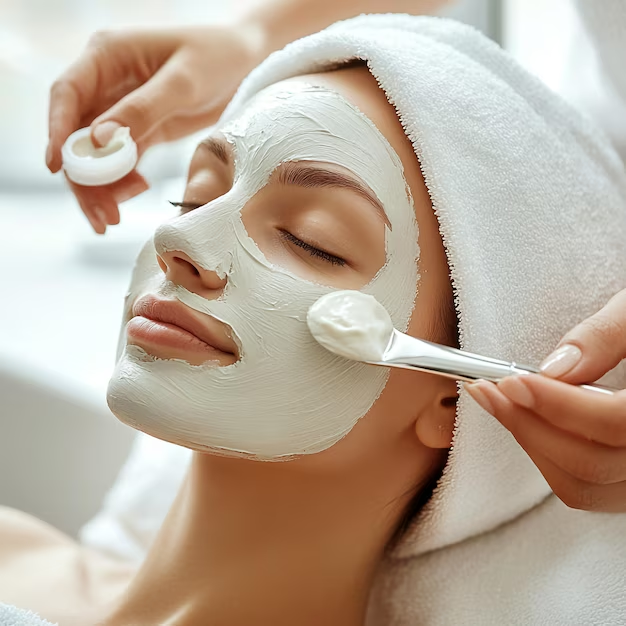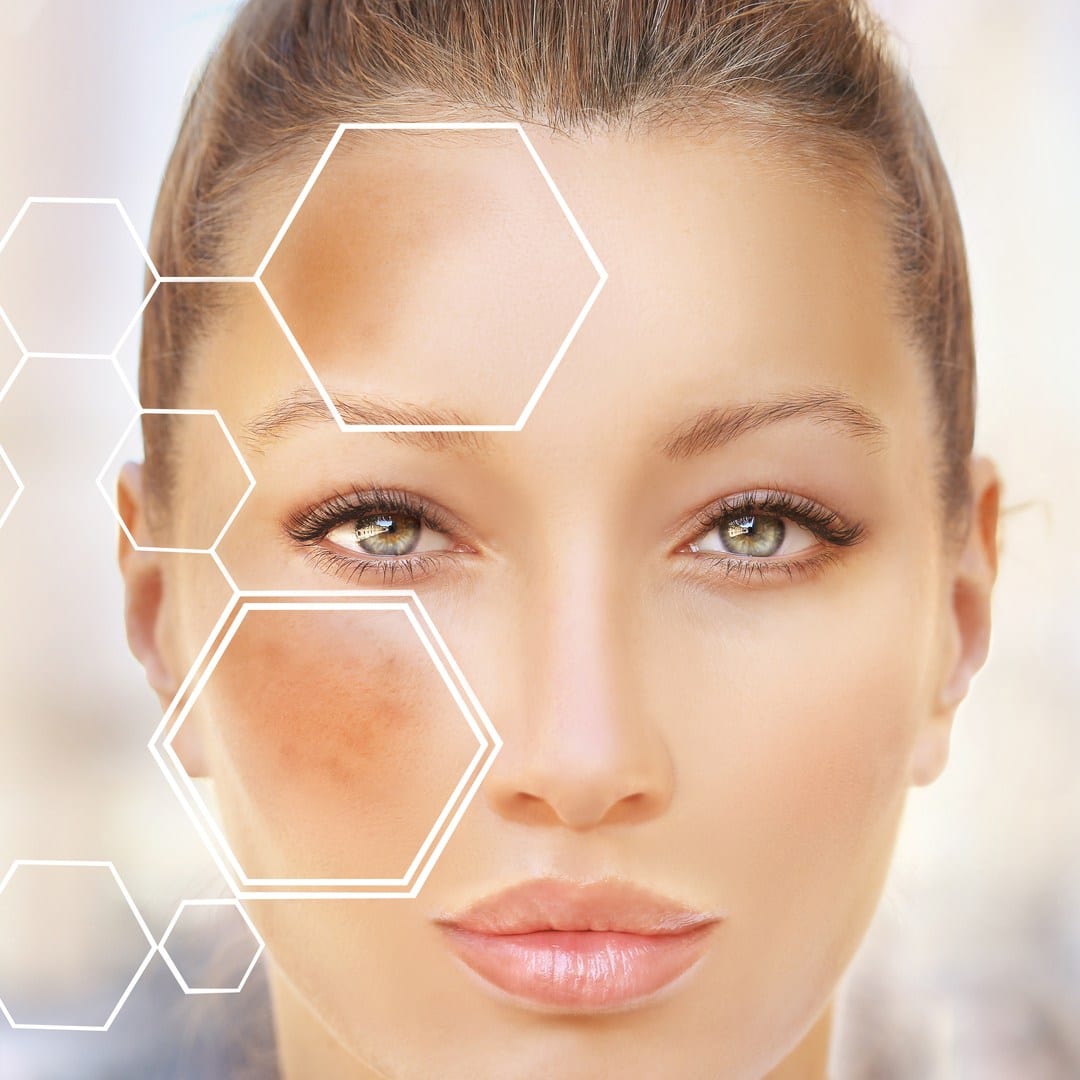Physical Address
304 North Cardinal St.
Dorchester Center, MA 02124
Physical Address
304 North Cardinal St.
Dorchester Center, MA 02124

Your skin is unique, just like you are. To find an effective skin care treatment, you need to know your skin type. Understanding your skin’s nature helps tailor your routine for better results. There are mainly five different skin types:
Each of these types reacts differently to various skin care treatments. For example, oily skin may need water-based products. Dry skin might need more moisture. And sensitive skin might need gentle, hypoallergenic formulas. Knowing your skin type is the first step toward effective care. Use it as your guide to choose the right products and treatments. By doing so, you enhance your skin’s natural balance and ensure a resilient, healthy complexion. Stay tuned as we dive deeper into the importance of a personalized skin care routine next.
A skin care routine is key to maintaining healthy skin. It can help manage and prevent common skin issues. Think of it as a daily regimen that nurtures your skin’s natural barriers. Sticking to a routine aids in regularly shedding dead skin cells. This leads to clearer, more radiant skin over time.
Having a consistent routine is especially important for those with skin concerns. It can help in reducing symptoms of acne, dryness, and sensitivity. It’s not just about using products, but using them right. Layering skin care treatment products correctly is crucial. It ensures that your skin gets maximum benefits. For instance, applying a serum before a moisturizer allows for better absorption.
A good skin care routine should also adapt to seasonal changes. In winter, your skin might need more hydration. In summer, a lighter moisturizer with SPF might be necessary. Regularly assessing and adjusting your routine is smart. It ensures that your skin care treatment remains effective, whatever the weather.
Lastly, patience is essential. Skin renews itself every 28 days on average. It may take several cycles to see significant changes. So, commit to your routine and allow time for your skin to respond. With these practices, you’ll foster a strong, vibrant skin that can resist the stresses of daily life.

When we talk about skin care treatment, we often hear ‘natural’ and ‘chemical’. These terms can be confusing. Let’s clear this up. Natural skin care treatments use ingredients found in nature. This often means plants, minerals, and some animal-derived products. They are thought to be gentler on the skin. Chemical treatments, on the other hand, use lab-made substances. These may have stronger effects. But they carry more risk for irritation or allergic reactions.
Natural Treatments:
Chemical Treatments:
Some argue natural options are safer. Others say chemicals give quicker results. The truth is, whether you choose natural or chemical, it must suit your skin type. A blend of both might work well for many. Always do a patch test first. Look for reactions before applying fully. Remember, ‘natural’ isn’t always better for sensitive skin. Natural substances can be powerful and trigger allergies too.
The key is to look at the ingredients, not just labels. Choose products based on your skin’s needs. Keep in mind what we discussed about skin types. Check with a dermatologist if you’re unsure. They can help pick skin care treatments right for you. Whether it’s natural, chemical, or a mix, effective skin care maximizes benefits and minimizes risks. Your skin’s health is the ultimate goal.
When choosing a skin care treatment, you will encounter over-the-counter (OTC) products and prescription medications. Here’s how they differ and how to choose what’s best for you.
Over-the-Counter Products:
Prescription Medications:
Both OTC products and prescription medications can be effective skin care treatments. However, how they affect your skin can vary. OTC products are great for everyday use and are generally safe for all skin types.
Prescription medications, on the other hand, target specific concerns. A doctor may suggest them when OTC products do not work. Side effects might be greater with these stronger treatments. So, they require close monitoring.
Always consider your skin type when picking products. Read labels and use as directed. When in doubt or dealing with a serious concern, seek advice from a dermatologist. They can direct you to the best skin care treatment for your unique needs. And remember, combining OTC items and prescriptions might yield the best results. But do this only under a professional’s guidance.

Professional skin care therapies often require a specialist’s touch. These include various treatments offered at dermatology clinics or spas. Let’s explore the most popular professional therapies.
And let’s not forget about advanced treatments. These can tackle issues like deep wrinkles or persistent acne. For such therapies, always consult with a qualified dermatologist.
Doctors often suggest therapies after evaluating the skin type and concerns. In-office treatments can bring stronger results. But they often come with higher costs and longer recovery times. Weigh the benefits against your skin care goals. Remember, not everyone needs professional treatments. If you’re considering one, discuss it with a skin care expert first. They can guide you towards the right skin care treatment.
Sun protection is a vital part of any skin care treatment. Harmful UV rays can cause damage like sunburn, premature aging, and increase the risk of skin cancer. Using sunscreen daily, even on cloudy days, is key to protect your skin. A broad-spectrum SPF of at least 30 is best. It blocks both UVA and UVB rays, which cause different types of skin harm.
For those with oily or acne-prone skin, choose a non-comedogenic sunscreen. This won’t clog pores. Dry skin types may benefit from a moisturizing SPF formula. And if you have sensitive skin, look for a sunscreen with physical blockers like zinc oxide. Remember, sunscreen should go on after your moisturizer and before makeup. Reapply it every two hours or right after swimming or sweating.
Besides sunscreen, wear protective clothing, hats, and sunglasses outdoors. Seek shade between 10 a.m. and 4 p.m., when the sun is strongest. Don’t forget that even indoor lighting can emit UV rays, so daily protection is crucial. By making sun protection a key part of your skincare, you invest in long-term skin health.

Facing skin issues is a common experience that varies from person to person. Your specific concern may require a unique skin care treatment. Here’s how to address some frequent challenges.
Remember to patch test new products, and give your skin time to adjust. Consulting with a dermatologist can also ensure you’re following a suitable skin care treatment for your concerns. They can provide personalized recommendations suited to your skin’s needs. As you maintain your skin care routine, expect gradual improvements. Patience and consistency are key in managing skin concerns effectively.
The world of skin care is always evolving, with new trends and innovations emerging regularly. Here are some of the latest advancements that are shaping the industry:
These trends reflect the ongoing quest for more effective, convenient, and conscientious skin care treatments. They aim to address the varied needs of consumers while also promoting skin health and well-being.